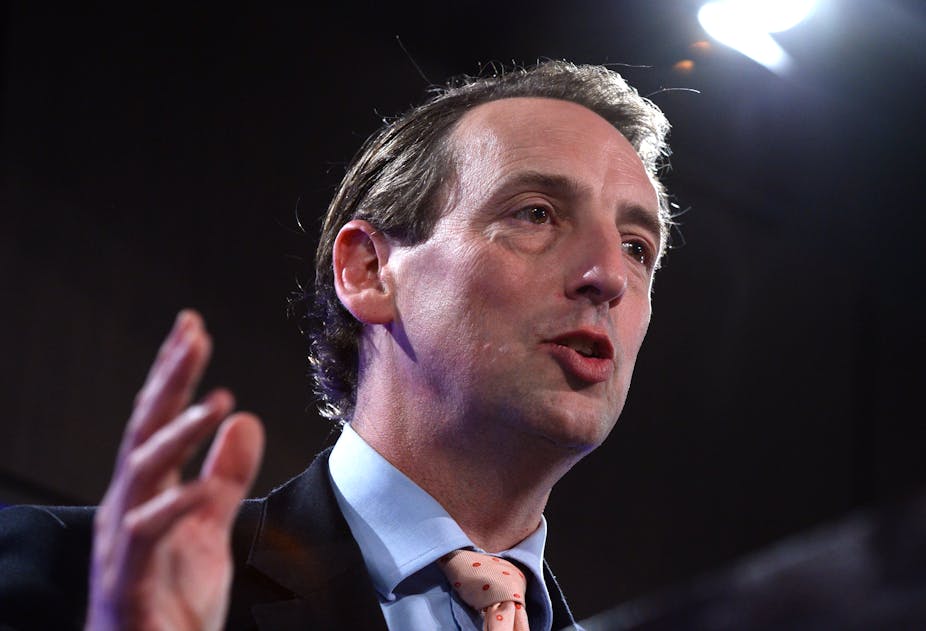Changes to the GST should be part of the mix in improving Australia’s budgetary position, the Grattan Institute’s CEO John Daley has said.
But spending reform needed to come first, and the “acid test” of Treasurer Joe Hockey’s first budget would be whether it “contains substantial net improvements to the structural budget balance”.
Hard decisions should not be put off because the choices would not get easier.
Daley suggested one of the few choices that would both increase growth and help the budget position would be to increase the age at which people could access the age pension or their superannuation. “This reform will not close a budget deficit of 4% of GDP by itself, but it would make a substantial difference in time,” he told the National Press Club.
Asked about changing the GST, Daley said “tax reform does have to be on the table”, including the GST rate and spread. Pointing to the substantial exemptions from the GST, including health, education and fresh food, he said that “there are plenty of good reasons to say, if you want to have tax reform, and you want to increase taxes, then it may well be that the least bad option is to look at expanding the current coverage of the GST”.
Tony Abbott has promised a tax inquiry but said there will be no changes to the GST. He has also said there will be no fresh changes to superannuation that disadvantage people.
Daley said that governments were better to go for a limited number of major savings rather than just looking for small things.
He also urged that the extent of Australian governments’ budget problems should be laid out clearly to get support for addressing them. These budgets were not “blue on the operating theatre table - but they are in serious trouble”.
“To build political momentum for difficult decisions, governments need to admit loudly, repeatedly, and in public, that they have a serious problem and everyone needs to bear the burden of the difficult decisions.
"Otherwise it is all but impossible to build credibility later on for politically difficult decisions.”
Among the unpopular options that existed for dealing with budget problems were spending less on health, looking at untouchables such as superannuation payments, and increasing taxes.
There wasn’t a lot of saving to be found in middle class welfare, which had already been quietly constrained, Daley said.
“Despite the common perception that Australia has vast swathes of middle class welfare, it’s hard to find recipients under the age of 60.” It had been demonstrated that “Australia in fact has the most tightly targeted welfare system in the world”.
Daley warned that the coming national disability insurance scheme would have to be carefully put together so it did not open the prospect of fraudulent behaviour by private providers who would be delivering services to vulnerable people.

